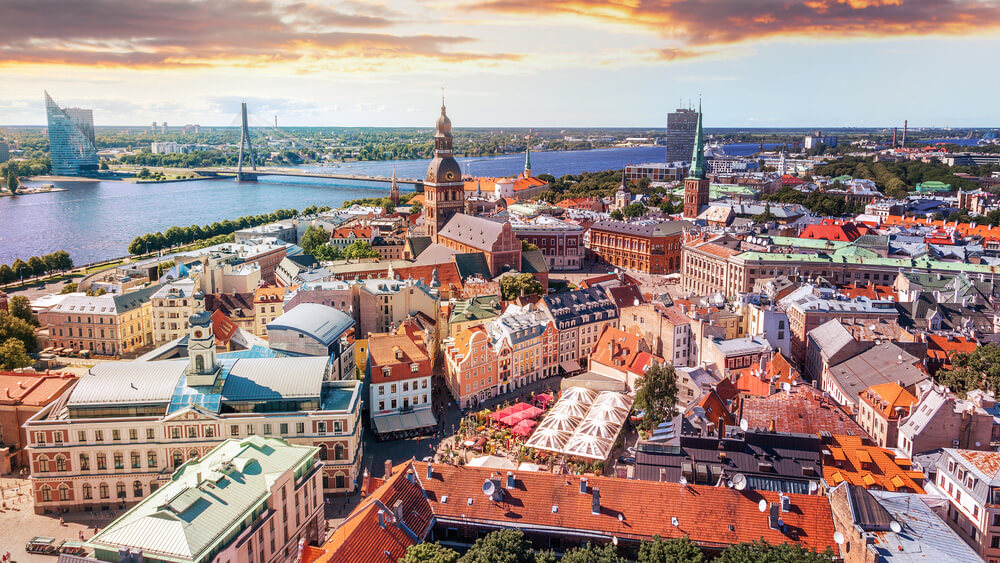As more and more associations create event departments some appear to see less and less value in the work of professional congress organizers (PCOs). Why should associations hire professional organizers if, as they grow, they have the staff and the resources to do things themselves? Are the event departments of associations taking over what a PCO or a destination management company (DMC) can bring to the table, and if so, what does that mean? Aigars Smiltans, director of MEET RĪGA, shares his view.
By Rémi Dévé
With the abundance of information out there, available everywhere and all the time, some association event planners find it easy — or think it’s easy — to get what they need to stage a meeting. Industry experts say they see planners going directly to suppliers, whether a hotel, a technology company, or an off-site venue, to book conference space or audio-visual services for their next event. “This is an obvious trend at the moment,” says Aigars Smiltans, director of convention bureau MEET RĪGA. “What used to be organized thanks to the expertise of PCOs or DMCs is now handled in-house, without the assistance of third parties. Planners, like anybody else, are looking to save money: Everyone now has a good understanding of the supply chain from client to end service and is trying to cut someone out.”
Convention bureaus can still add value, experts say, especially if a destination is totally new to a planner. He/she may need people who can give input on, say, unusual venues and new, exciting activities. “But, as convention bureaus, we can’t add value over the whole supply chain either,” Smiltans says. “Hotels, just like Radisson Blu Latvija for instance, now offer a full range of in-house AV solutions to planners, shortcutting intermediaries. That was typically the work done by a PCO not so long ago. And there is also that big buzz about hotels cutting (or at least reducing) commissions now and going the extra mile for their clients. All this stimulates direct collaboration between conference organizers and suppliers.”
Does this change the situation for destinations? “It doesn’t really,” Smiltans argues. “The workload is pretty much just shifting. What used to be done by a PCO is now done by a hotel; whatever advice could come from a DMC is now coming from a convention bureau. I really think DMCs and PCOs should change their mindset and maybe rethink their business models so that associations see where their added values lie.” That value includes factors such as extensive local knowledge and connections.
“More and more associations choose Riga without the support of a local branch — and even without the possibility of getting a subvention — because our stakeholders over the whole supply chain do a good job showcasing what they’re good at,” Smiltans says.
Events in Riga that are testament to this include conferences organised by the International Society of Feline Medicine (ISFM), the International Airlines Technical Pool (IATP), and the European Association of Adhesive & Sealant Industry and its FEICA event.
This article was contributed by Boardroom.


